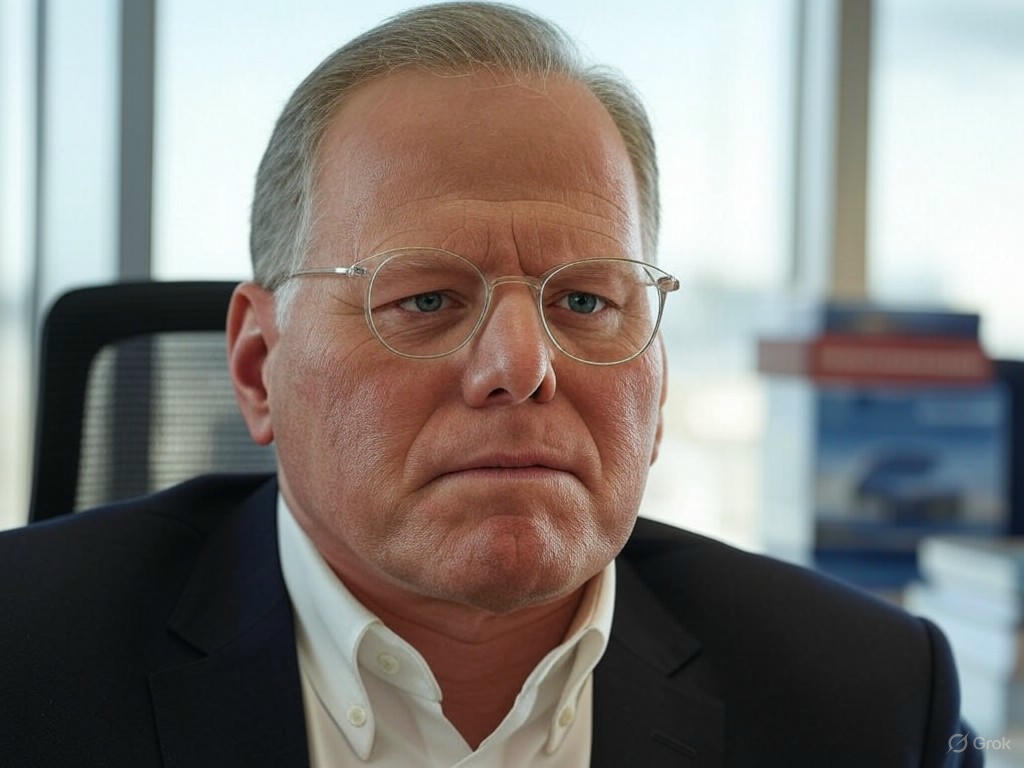Warner Bros. Discovery Shakes Up Executive Pay: David Zaslav’s Compensation Takes a Bold Turn
In a surprising move that has caught the attention of the entertainment industry, Warner Bros. Discovery has restructured the compensation package of its CEO, David Zaslav, marking a significant shift in how top executives are rewarded. Known for leading the company through a transformative merger and navigating a challenging media landscape, Zaslav’s new deal prioritizes performance over guaranteed payouts, aligning his earnings more closely with the company’s success. This change reflects a growing trend in corporate governance where accountability and risk-sharing are becoming central to executive pay structures.
Zaslav, who has been at the helm since the high-profile merger of WarnerMedia and Discovery in 2022, previously earned a compensation package that ranked among the highest in the industry. While the exact figures of his revised deal remain under wraps, sources suggest that the updated agreement slashes his base cash salary in favor of equity-based incentives. This means a larger portion of his earnings will depend on the company’s stock performance and long-term growth metrics. Such a structure not only ties his financial success to that of Warner Bros. Discovery but also signals to shareholders that leadership is willing to shoulder greater financial risk during uncertain times. The entertainment giant has faced headwinds, including streaming wars, declining traditional TV revenues, and the lingering effects of industry-wide strikes, making this a pivotal moment for strategic recalibration.
This bold restructuring comes as corporate boards across sectors face increasing scrutiny over executive pay. Investors and stakeholders are demanding more transparency and fairness, especially when companies grapple with layoffs or financial strain. By reducing Zaslav’s upfront cash and emphasizing performance-driven rewards, Warner Bros. Discovery appears to be responding to these pressures while setting a potential precedent for other media conglomerates. Industry analysts view this as a calculated move to restore confidence among investors, particularly as the company works to strengthen its position in a hyper-competitive market dominated by streaming giants like Netflix and Disney. Moreover, it underscores a broader shift toward sustainable business models where leaders are incentivized to prioritize long-term stability over short-term gains.
As Warner Bros. Discovery charts its path forward, Zaslav’s willingness to accept a riskier pay structure could serve as a litmus test for how executive compensation evolves in the entertainment sector. If successful, this model might inspire other companies to rethink how they reward top talent, balancing ambition with accountability. For now, all eyes are on Zaslav and his team to see if this gamble pays off, both in terms of financial performance and public perception. With streaming platforms like Max and a vast portfolio of iconic content under its belt, the company has the tools to succeed—but only if leadership can navigate the choppy waters of a rapidly changing industry. This pay overhaul might just be the catalyst needed to drive innovation and resilience at Warner Bros. Discovery.


